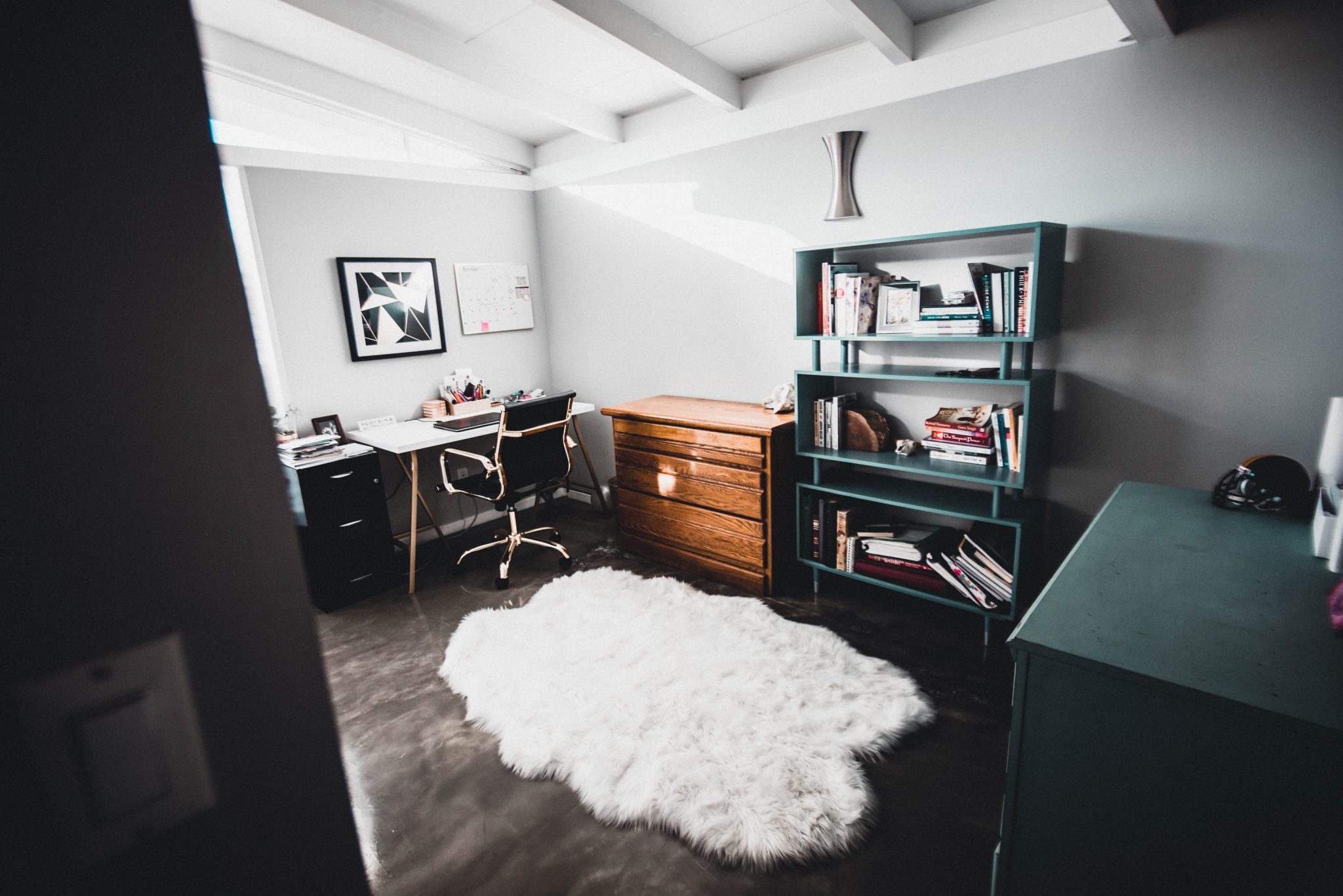Guidance on home-based businesses from the ATO
The ATO has released some specific guidance in relation to home-based businesses. The guidance deals with the issues that arise in the context of a range of different business structures, including where the business is operated by a sole trader or as partners in a partnership as well as through entities such as companies and trusts.
In relation to businesses operated as a sole trader or in partnership, the guidance outlines the circumstances in which it is possible to claim part of the occupancy expenses (i.e., rent, mortgage interest etc.,) for the home. There is also information on claiming running expenses and the methods that may be used in determining an appropriate business use percentage (including guidance on specific costs). This really just clarifies the ATO’s existing guidance in this area.
When it comes to businesses operating through companies or trusts the ATO guide includes the following comment:
“If you run your home-based business as a company or trust, your business should have a genuine, market-rate rental contract (or similar agreement) with the owner of the property.”
Unfortunately, the ATO doesn’t really expand on this and explain why a market-rate rental agreement needs to be put in place or the implications for the parties if this does not occur. At a high level, if the business entity pays more than market value rent then this could trigger Division 7A or other adverse tax implications. Alternatively, if the owner of the property is charging less than a market rate of rent then this could impact on their ability to claim deductions in relation to the property (eg, holding costs).
The ATO also warns that where someone is an employee of the business entity and it pays or reimburses the owner for expenses associated with running a business from home then this could trigger FBT issues for the business entity.
For more information for Sole Traders & Partnerships see the ATO link here
For Trusts and companies see the ATO link here.

